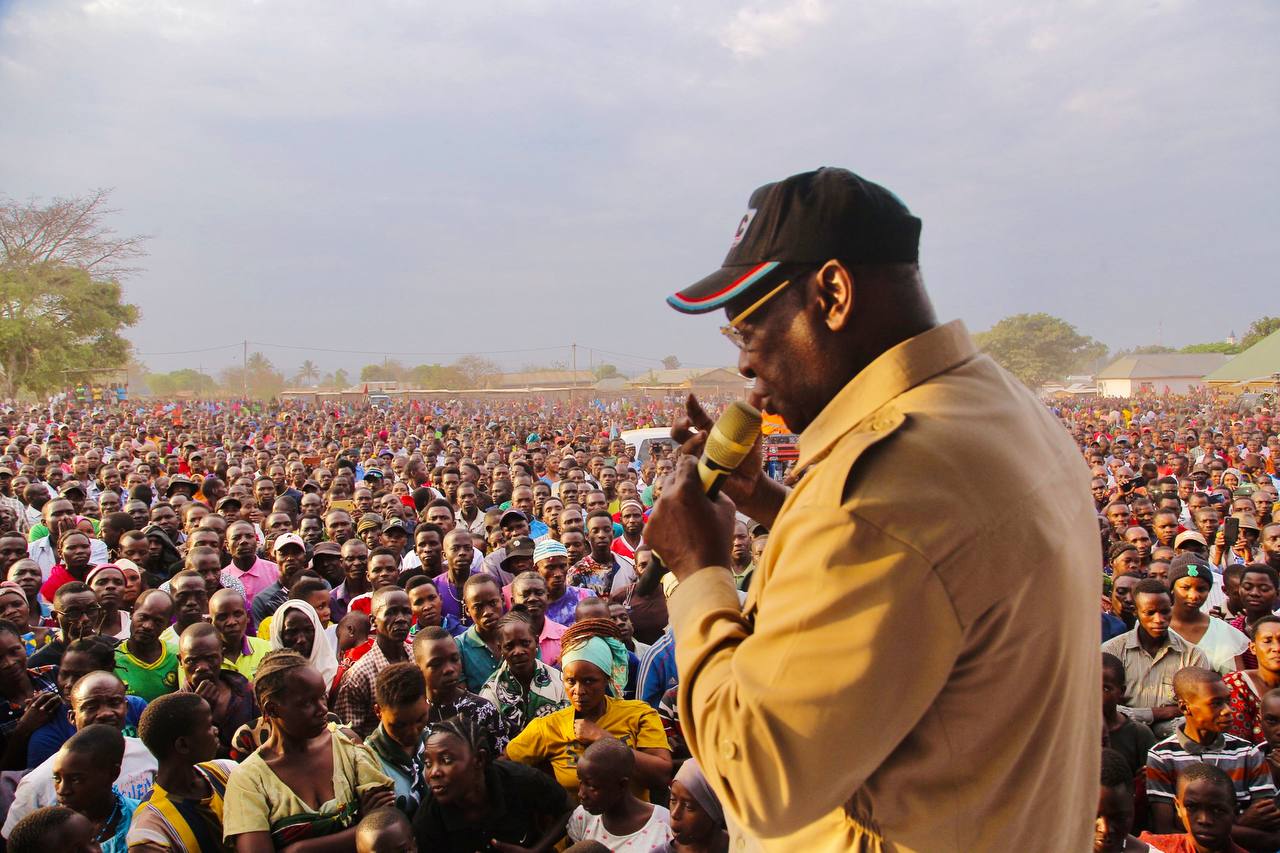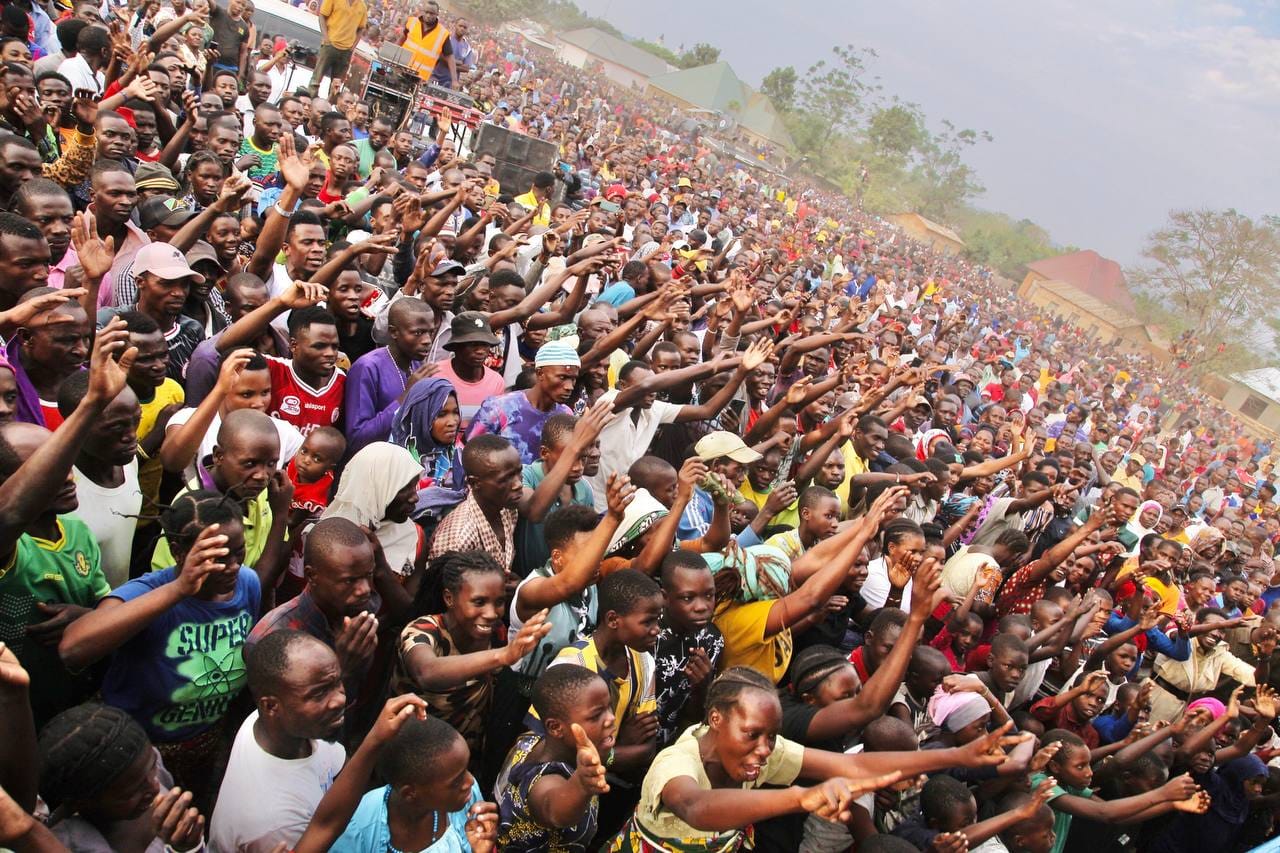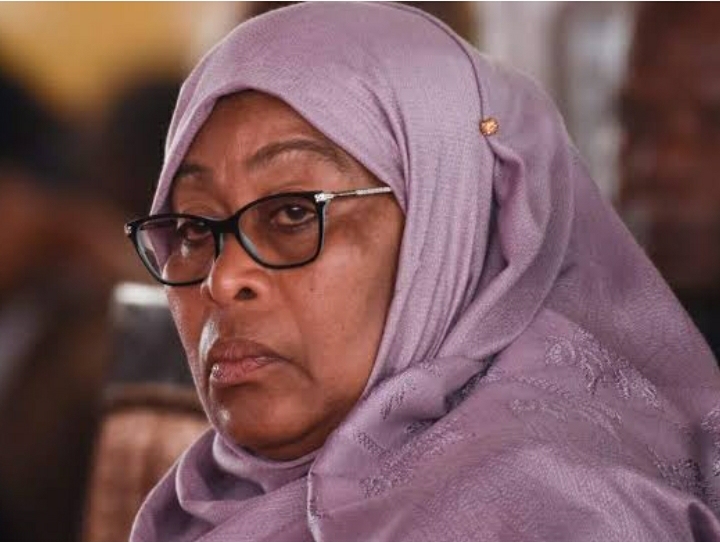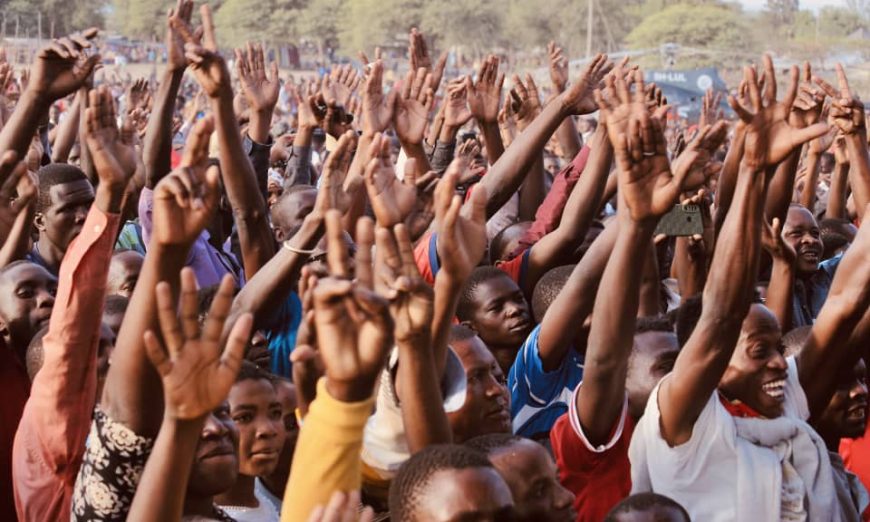DEPENDING on how matters eventually turn out next week, the international community may have a noble task to do on Tanzania.
For the first time in a decade, the opposition is organising a mass protest against President Samia Suluhu’s administration, citing ever-rising living costs and a looming tyranny in the country that has always been referred to as a symbol of peace and emerging democracy in the East African region.
Life is becoming unbearably hard to the common people, and the government is undermining all efforts for meaningful reforms. The opposition is accusing the president of reneging on her earlier promise to adopt constitutional reforms.
They feel betrayed as the government is already pushing for cosmetic changes in the laws that are likely to exacerbate the country’s democratic struggle, months before civic elections, and one year into the next general election.
The main opposition party, CHADEMA, has called for peaceful mass protests on 24th January 2024, as scores of prominent personalities and influential civil societies are backing the move.
The party chairman, Freeman Mbowe, told a press conference on Monday this week that after exhausting all avenues in an attempt to engage the ruling party over many contested issues, particularly constitutional changes and legal reforms, to which the ruling party deliberately turned a deaf ear, his party had remained with only one option – peaceful protests.
There is a general feeling in Tanzania that the East African country is experiencing a deteriorating situation, as the ruling party, Chama Cha Mapinduzi (CCM), has been gradually descending into authoritarianism. A london-based influential publication, in its recent article on Tanzania, has analysed President Samia’s administration with similar sentiments.
In the recent past, mass protests have been uncommon in Tanzania. But Mbowe’s call has received a strong backing locally and internationally.
SAUTI KUBWA understands that several foreign envoys in Tanzania are supportive of the opposition’s move. The UN office in Tanzania will be the final destination of the demonstrations..Thousands of CHADEMA supporters will march from all corners of Dar es Salaam city.
Many democratically active Tanzanians in diaspora who strongly back the move, have solidified the agenda with online debates on social media platforms, as some of them make monetary contributions towards the cause. Others have anonymously authored and disseminated a joint article, calling on the international community to keep a watchful eye on Tanzania. Here below is a section of the article:
CCM, the face of corruption
This transition from a political party to what resembles an organised crime syndicate is characterised by rampant corruption and exploitation of the country’s rich natural resources. Such actions have plunged the majority of Tanzanians into abject poverty, depriving them of fundamental human necessities like adequate food, healthcare, and education.

The government’s systemic suppression of constitutional rights, including freedom of assembly and speech, is executed through intimidation, wrongful arrests, and violence, especially against journalists and political dissenters.
Scandals and Corruption at the Highest Levels of Government
The depth of corruption within CCM has been starkly highlighted by recent scandals involving top government officials. One such incident involves the deputy minister of the constitution, who is accused of committing a grievous act against a young man using a bottle of soda, a scandal that has raised significant ethical and legal concerns.
This incident, along with the known criminal background of CCM’s Press Secretary, Makonda, who is barred from entering the United States, exposes the regime’s profound moral corruption. The government’s decision to ban VPNs to prevent online political discussions further reveals its intent to silence dissent and control information.
Electoral Manipulation and the Farce of Democracy
Since the ostensible shift to multiparty democracy in 1992, under the leadership of Mwalimu Julius K. Nyerere, Tanzania’s elections have been consistently undermined by allegations of fraud and unfairness. The 2020 national election, under President John Pombe Magufuli, was rife with accusations of electoral manipulation, influencing outcomes across various government levels.
The sudden death of Magufuli and the controversial rise of Vice President Samia Suluhu Hassan, marked by her levying of baseless terrorism charges against Freeman Mbowe, chairman of Chadema, Tanzania’s main opposition party, have only intensified the concerns regarding the erosion of democratic values in Tanzania.
The Deceptive “Maridhiano” Dialogues and Rising Opposition
The so-called “Maridhiano” or Reconciliation dialogues between Chadema and CCM have been exposed as a strategic charade by the ruling party. Critics argue that CCM exploited these discussions to feign openness to change while systematically dismissing significant inputs from political parties, nonprofits, and religious groups.
In response to CCM’s blatant disregard for true electoral reforms, Mr. Mbowe, a prominent opposition figure, announced nationwide protests scheduled for January 24th, 2024, strategically timed just before the local leader elections.
The protests, supported by Chadema and Sauti ya Wantanzania (Voice of Tanzanians), have triggered fear within the CCM leadership, leading to the deployment of military and police in Dar es Salaam under the pretext of a city cleanup, a move perceived as an attempt to intimidate and suppress the protests.
An Immediate Call to Action for Global Stakeholders

The upcoming demonstrations, while aimed at demanding justice and reform, are at grave risk of escalating into violence, not due to the provocation by the opposition, but because of CCM’s historical pattern of using brutal force to quash any demands for reform.
This critical juncture calls for immediate and decisive action from the international community. Global actors, human rights organizations, and democratic nations must not be passive or misled by CCM’s autocratic tactics. There is an urgent need to recognize the gravity of the crisis in Tanzania and to provide robust support for the voices clamoring for democratic change.
The response of the international community to this crisis will not only impact the future of Tanzania but will also serve as a testament to the global commitment to upholding democratic principles and human rights. The plight of the Tanzanian people is a stark reminder of the ongoing struggle for democracy and freedom, and the necessity for a unified and forceful response from the international community to counteract such oppressive regimes.
The situation in Tanzania is not just a national crisis but a glaring example of how easily a façade of democracy can be manipulated to mask an authoritarian regime’s abuses. CCM’s actions – from electoral fraud to the suppression of basic human rights – are a direct assault on the principles of democracy and human dignity.
The widespread poverty and lack of infrastructure, exacerbated by the government’s failure to provide for its citizens, further highlight the regime’s indifference to the welfare of its people. The government’s promotion of precarious jobs, like boda-boda (motorbike taxi) transportation, as a survival strategy for the youth, is a testament to its failure in creating sustainable economic opportunities.
The infiltration of religious institutions by CCM’s secret agency is a particularly egregious act, showing a blatant disrespect for religious freedom and the rights of citizens to organize and express their political views. This action is a clear indication of the lengths to which the regime will go to maintain its grip on power.
The international community’s response to the unfolding situation in Tanzania is crucial. It is imperative that global leaders, human rights organizations, and international bodies take a stand against the tyranny of CCM. This includes imposing sanctions on individuals responsible for human rights violations, providing support to civil society organizations in Tanzania, and advocating for the restoration of fundamental freedoms and democratic governance.

The January 24th, 2024, demonstrations represent a pivotal moment for Tanzania. The world must watch closely and act decisively to support the Tanzanian people in their fight for democracy, justice, and human rights. The courage and determination of the Tanzanian people in standing up against an oppressive regime are commendable, and they deserve the full support of the global community in their quest for a free and democratic society.
In conclusion, the situation in Tanzania is a stark reminder of the fragility of democracy and the need for constant vigilance and support from the international community. The time for action is now – to stand in solidarity with the people of Tanzania and to send a clear message that the world will not tolerate such blatant disregard for democratic principles and human rights.
Politics Beyond Ideology (PBI)










